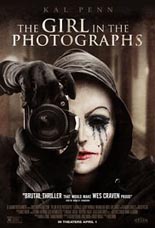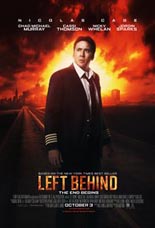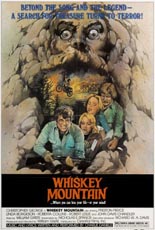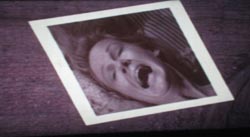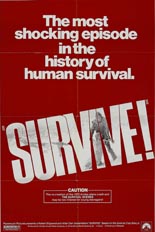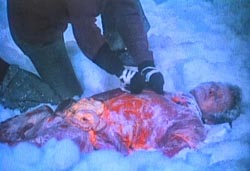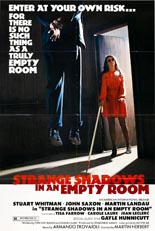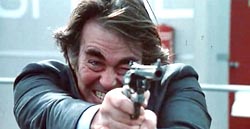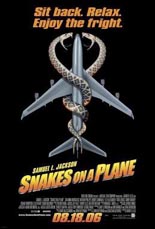
 Someday, I’m convinced, a book — not just a chapter, but an entire book — will chronicle the amazing, without-precedent story of Snakes on a Plane. How the Internet convinced New Line Cinema to forgo the original title of Flight 121. How the Internet then convinced the studio to chase an R rating, specifically by adding a ready-to-bake catchphrase for star Samuel L. Jackson in the instantly immortal “I have had it with these motherfucking snakes on this motherfucking plane!” How the Internet went meme-bonkers with anticipation for months leading up to the movie’s release. And then, after all that, how the Internet didn’t even bother to show up to see it.
Someday, I’m convinced, a book — not just a chapter, but an entire book — will chronicle the amazing, without-precedent story of Snakes on a Plane. How the Internet convinced New Line Cinema to forgo the original title of Flight 121. How the Internet then convinced the studio to chase an R rating, specifically by adding a ready-to-bake catchphrase for star Samuel L. Jackson in the instantly immortal “I have had it with these motherfucking snakes on this motherfucking plane!” How the Internet went meme-bonkers with anticipation for months leading up to the movie’s release. And then, after all that, how the Internet didn’t even bother to show up to see it.
And maybe that book will address the actual quality of the film, which is the one thing surrounding Snakes that often goes unmentioned. Instead, people talk of the “fan” videos, the “fan” T-shirts, the promotional trick where you could have (a recording of) Jackson place a phone call to whomever you wanted, the puzzle book tie-ins, the soundtrack album with the supremely silly theme by emo “supergroup” Cobra Starship. It’s almost as if everyone was so caught up in and/or beholden to the hype, they forgot a movie existed in its creamy center.
Yet one did! It’s fine, but nothing to write memes about.
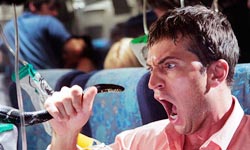 Leaving Honolulu for Los Angeles, South Pacific flight 121 is carrying a Jennings Lang-worthy set of passengers and crew members, including an attendant on her final shift (Julianna Marguiles, Ghost Ship). Because FBI Agent Flynn (Jackson, The Hateful Eight) is court-chaperoning a dude-bro (Nathan Phillips, Chernobyl Diaries) who witnessed a mob hit, said mob has checked some killer baggage: deadly snakes hidden in boxes of pheromone-spiked flowers to get them all horny and hot-to-bite everybody, everywhere.
Leaving Honolulu for Los Angeles, South Pacific flight 121 is carrying a Jennings Lang-worthy set of passengers and crew members, including an attendant on her final shift (Julianna Marguiles, Ghost Ship). Because FBI Agent Flynn (Jackson, The Hateful Eight) is court-chaperoning a dude-bro (Nathan Phillips, Chernobyl Diaries) who witnessed a mob hit, said mob has checked some killer baggage: deadly snakes hidden in boxes of pheromone-spiked flowers to get them all horny and hot-to-bite everybody, everywhere.
A kitty cat is first to go, which I’m totally onboard with, because that means it can’t leap from the shadows for a clichéd jump scare. Then they slither their way toward actual humans, from a couple angling for mile-high club membership to a poor guy who just needs to drain his bladder. (Takeaway: When your next flight is invaded by snakes, stay out of the restroom.)
What keeps the eventual chaos from being the fun it should be — especially with Final Destination 2’s David R. Ellis at the helm — is twofold: repetition as maddening as being grounded on the tarmac and the fact that the title creatures look so fake, they may as well be cartoons. Once Jackson has had it with these motherfucking snakes on this motherfucking plane, so have we … with yet another third or more on the horizon. —Rod Lott

 Hush (2016)
Hush (2016)
